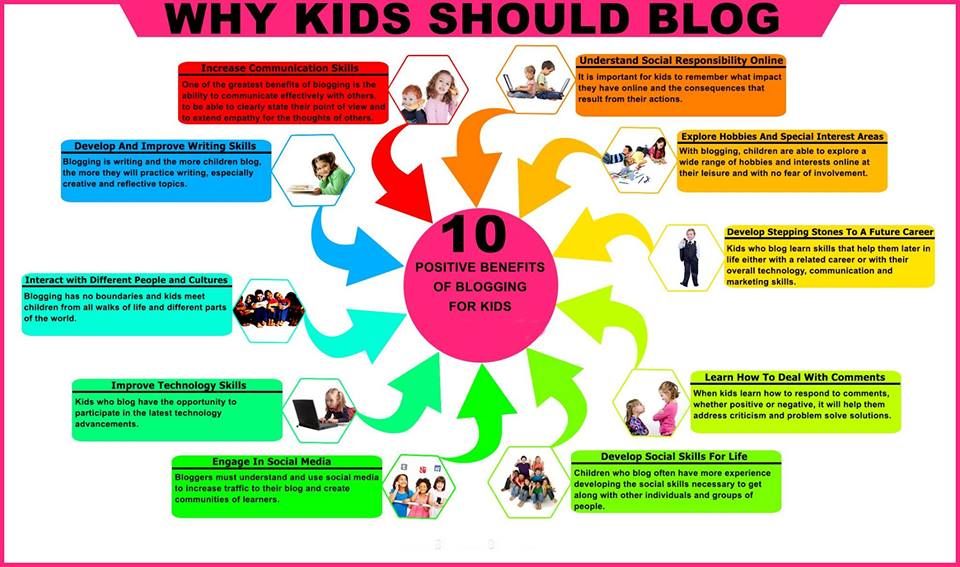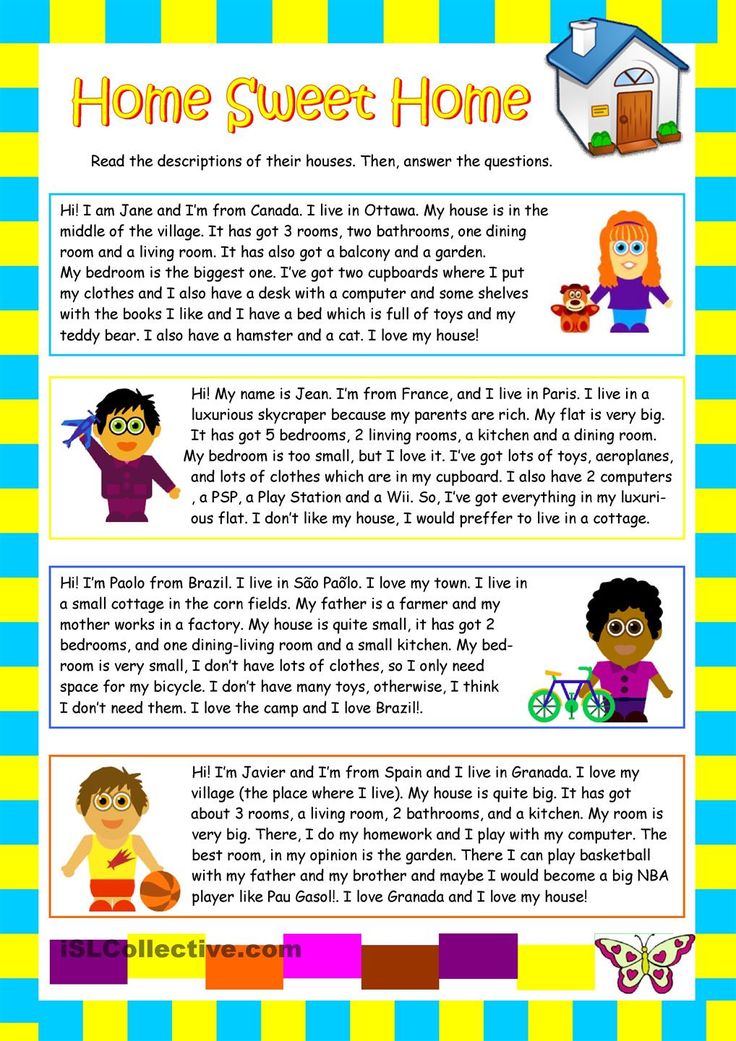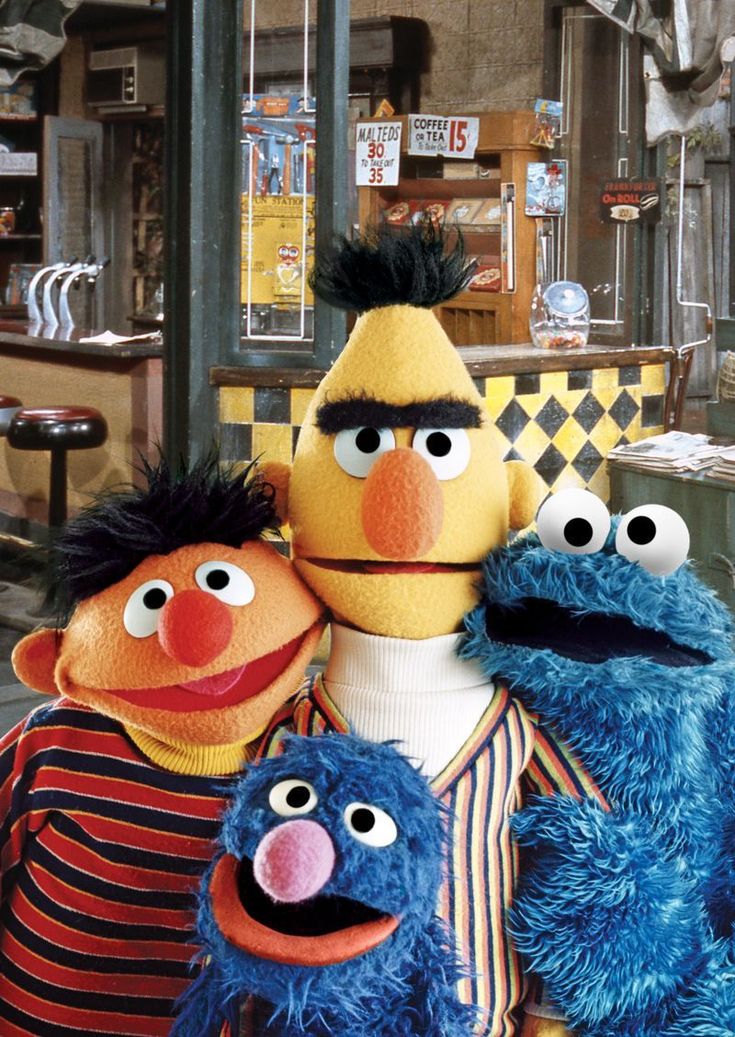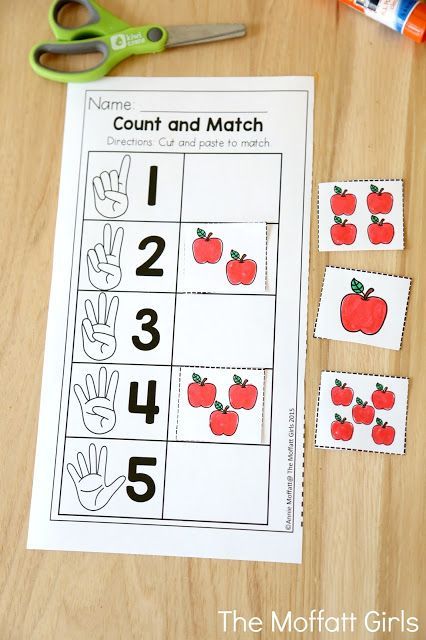Teaching a child social skills
How can I teach my child social skills?
Some children may find socialising more difficult than others. If your child struggles or seems reluctant to be with other people, they may need some support to learn social skills. There are some things you can do to help.
Practise talking
Practise talking through role play, puppets and storytelling. Talk to your child through the day. You can also narrate what you’re doing, to help develop their language.
Let your child see you using good manners, like please and thank you. This will encourage them to act this way with their peers.
Listen and take turns
Children learn both verbal and non-verbal skills from the people around them. To help your child to listen well, you can:
- Try showing them what good listening looks like through your own behaviour.
- Use games like ‘Simon Says’.
- Read some ideas for listening games for toddlers.
Find ways to make taking turns fun. Choose an object and tell your family they have to be holding it when they talk. Pass it between you. If your child is a little older, take it in turns to make made up sounds as if you are having an alien conversation.
Show the importance body language
Practise making eye contact and smiling with your child. If they are old enough to understand, ask them to talk about something while you use poor body language. This could be crossed arms, looking away, or fidgeting.
Ask them how your actions made them feel. Then show them attentive body language. Take it in turns.
Teach them about personal space
Consider teaching your child about personal space. Try:
- Asking them to put their hands on their hips and stick their elbows out – this is their personal space.
- Getting everyone in the room to walk around with their elbows out, to see how to give others space.
Introduce the idea of boundaries by asking if you can come into their space.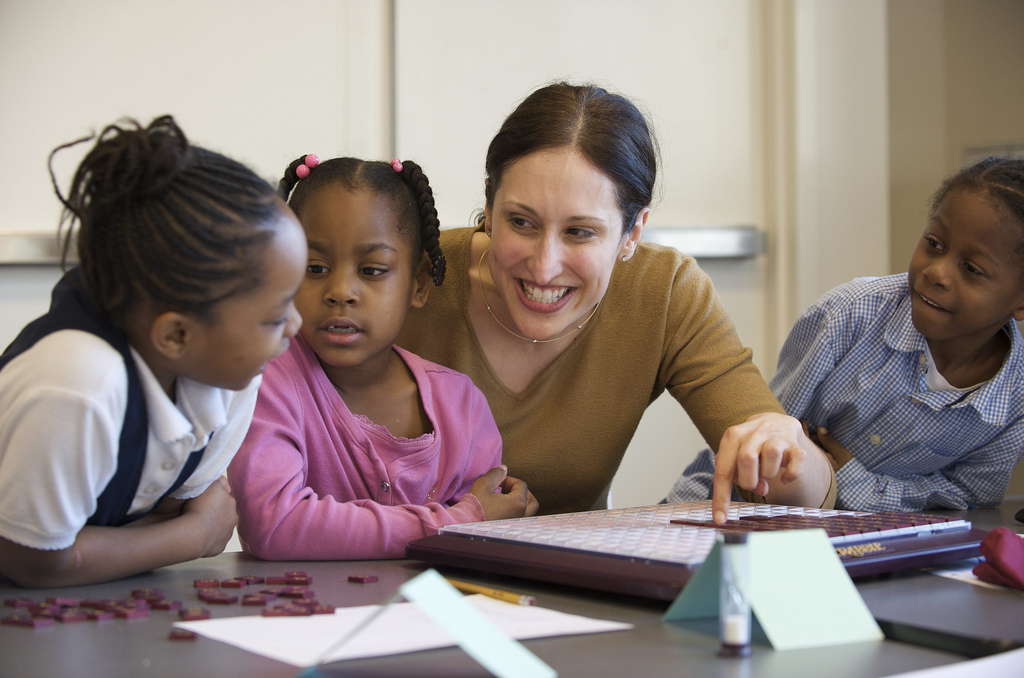 You could say things like, “Can I give you a hug?” or ‘I know you don’t like hugs so shall we high five?”
You could say things like, “Can I give you a hug?” or ‘I know you don’t like hugs so shall we high five?”
Develop their emotional skills
Help your child understand, express and cope with emotions. This develops their empathy for others and helps them sense how to react to the emotions of others.
Teach them to problem-solve. If they’re old enough, ask them how they think they could tackle any issues they have. Guide them with questions like “What could you do?” or “What could you say?” Try to avoid fixing it for them.
You can also talk to them about friendships and what it is to be a good friend. If you can, arrange and support opportunities for socialising.
Find moments for learning in play
Children use lots of social skills when playing. It can be helpful to spot opportunities in play for learning. You can:
- Ask your child to help with tasks, and see if they’ll try activities with others, to build teamwork skills.
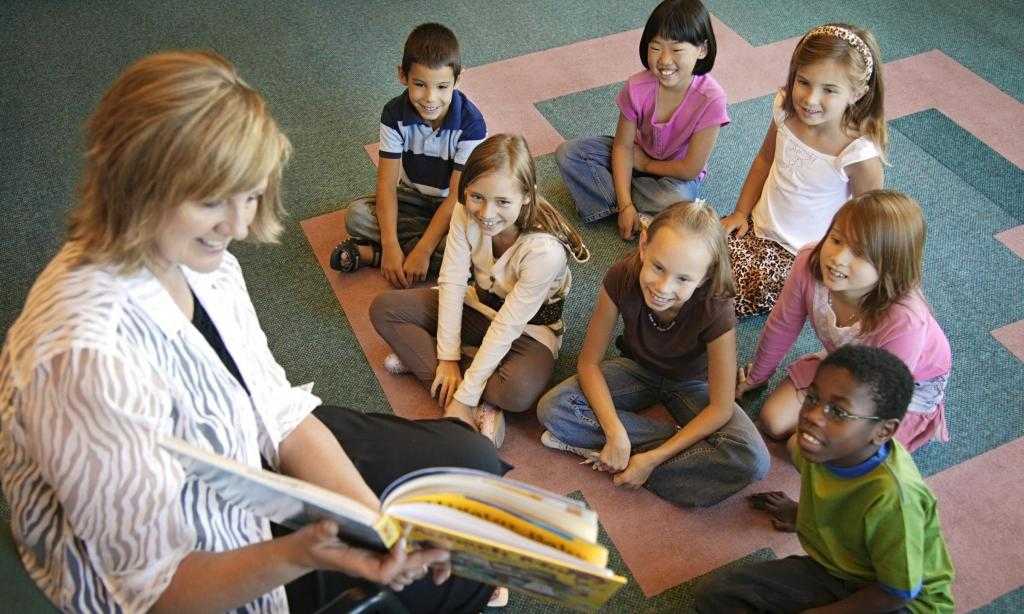
- Teach your child positive ways of responding to winning, losing or not getting their way.
- Show them you understand when they’re upset, but help them see what the positives could be (might the outcome have made their friend happy?).
- Show them what sharing looks like when playing at home.
If your child hits or bites, help them recognise how others feel when they’re hurt. Praise your child when you see them playing well. You can also gently encourage your child to apologise if they do hurt someone during play. Or if they don’t feel comfortable doing this, model apologising for them until they feel more confident. You could say something like, “Freddie feels sad that he’s hurt you and he wants to say he’s very sorry.”
You can read more on hitting and biting or playing well with others. We also have advice on teaching your child to share.
6 Ways to Improve Your Child's Social Skills
Few things can be more frustrating than watching your child struggle to
make friends or having a difficult time fitting into certain social settings.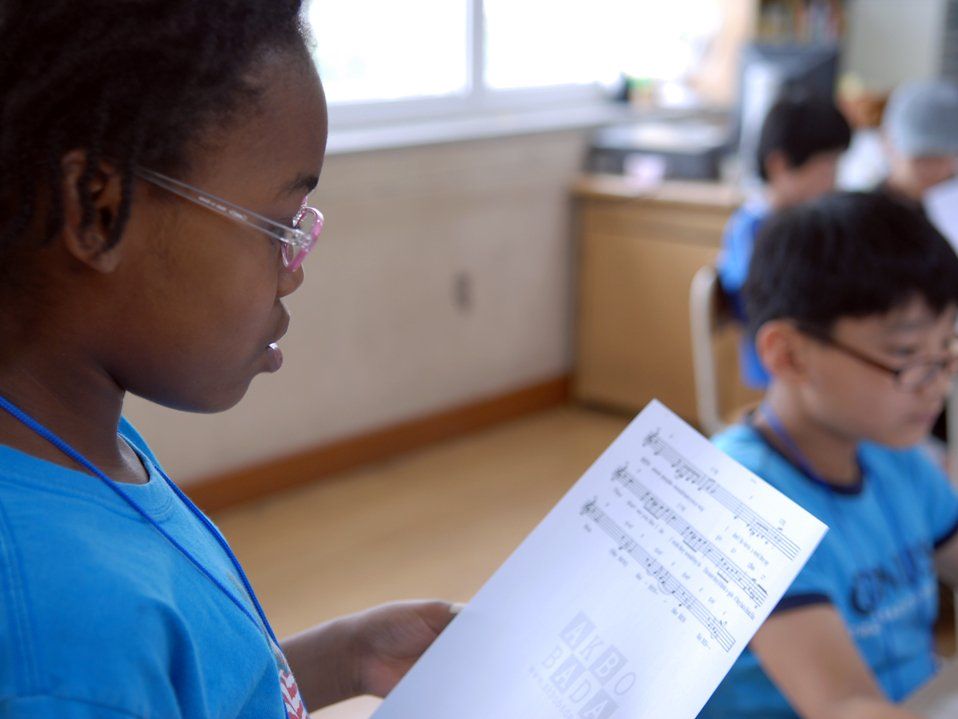
There are several steps parents can take to improve their child's social skills.
1. Follow Their Interests
Enjoying others will come more naturally when a child is doing something they are genuinely interested in. Whether it's participating in a favorite sport, playing an instrument they like or being part of a club they're interested in, this is the first step toward building social skills. It also places a child around like-minded individuals that the child will probably feel more at ease with. While it's important to be able to socialize with those of varying interests, starting out with other kids who like the same things is an excellent way to more easily build social skills.
2. Learn to Ask Questions
Sometimes when children get nervous or a conversation lags, they may become more introverted and ultimately struggle in future social situations. According to the Center for Development & Learning there are several ways children can initiate and carry on positive conversations with others. One important way is to ask questions. The best way to find out about others and form connections is to ask questions that specifically pertain to the person the child is talking with. Encourage your child to ask questions that can't be answered with just a yes or no.
One important way is to ask questions. The best way to find out about others and form connections is to ask questions that specifically pertain to the person the child is talking with. Encourage your child to ask questions that can't be answered with just a yes or no.
3. Practice Role Playing
Pretend-play, with both younger and older children, is a great way for kids to actively practice their social skills. LD Online gives parents practical tips for effective role-playing. Have your child pretend to be the person they have difficulty talking to or getting along with. This will give you an idea of what this person is like, or at least how your child perceives this particular person. Then switch roles to see how your child does when pretending to interact with the person. Suggest ways your child can more effectively talk with the individual. Don't forget to include body language, such as smiling and making eye contact, when advising your child.
4. Teach Empathy
If children have a better understanding of how others feel, they are much more likely to feel connected to other people and form positive bonds. Parents suggest teaching empathy by talking about different situations and scenarios with your child. Ask how other people might feel when each of these things happen. Part of teaching empathy is to help children learn how to actively listen to others. This involves focusing on what others are saying and then thinking about what the speaker has said once the conversation is over.
Parents suggest teaching empathy by talking about different situations and scenarios with your child. Ask how other people might feel when each of these things happen. Part of teaching empathy is to help children learn how to actively listen to others. This involves focusing on what others are saying and then thinking about what the speaker has said once the conversation is over.
5. Know Your Child's Limits
Some children are simply more social than others. A child who is shy and introverted should not be expected to interact in the same way as a child who is naturally outgoing. Some children are comfortable in large settings, while others find it easier to relate to their peers when in smaller groups. It's also important to understand a child's time limits. Younger children and those with special needs may only feel comfortable socializing for an hour or two.
6. Be a Good Role Model
It's important to be consciously aware of how you interact with others when your child is watching.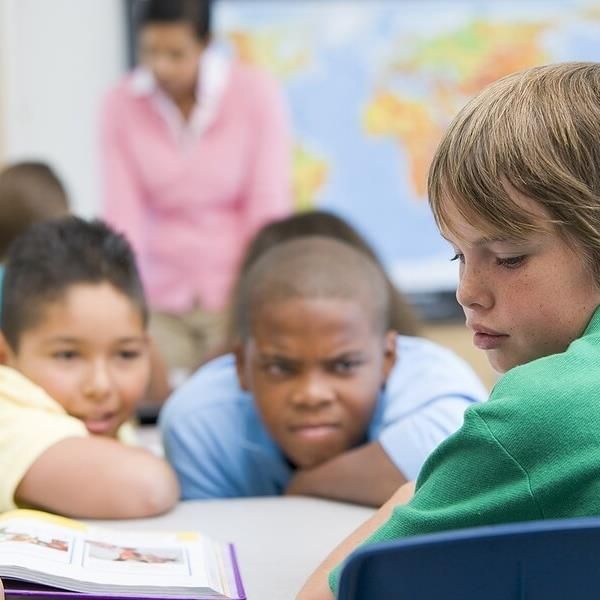 Are you asking questions of others and then taking the time to actively listen? Do you show genuine empathy for friends and family in your life? The Center for Parenting Education states that being an effective role model requires conscious effort and forethought. Children are constantly watching the adults in their lives.
Are you asking questions of others and then taking the time to actively listen? Do you show genuine empathy for friends and family in your life? The Center for Parenting Education states that being an effective role model requires conscious effort and forethought. Children are constantly watching the adults in their lives.
It's important to remember that it will take time for your child to develop good social skills. Social skills are something that are developed and improved upon over a lifetime.
Contact us today to schedule an assessment. You can also view the research and results of the program on the website.
How to develop social intelligence in a child: 7 tips from a psychologist
Publishing house "Alpina Publisher" 123007, Moscow, st. 4th Magistralnaya, 5, building 1 +74951200704
next article
December 13, 2017
2301 views
6 minutes to read
Success in life is often achieved by people from whom neither teachers nor parents expected it. “A bully, a slacker, a C student” suddenly turns out to be much more successful than his classmates, who spent all their childhood sitting at textbooks. The answer is not in "accidental luck" or "happy fate", but in social intelligence. Our social adaptation, the ability to understand people and, ultimately, success depend on how developed it is.
“A bully, a slacker, a C student” suddenly turns out to be much more successful than his classmates, who spent all their childhood sitting at textbooks. The answer is not in "accidental luck" or "happy fate", but in social intelligence. Our social adaptation, the ability to understand people and, ultimately, success depend on how developed it is.
Social intelligence, unlike formal intelligence, can be developed. And it is better to start doing this from an early age. How exactly?
- Pay attention to who and how the child communicates. To begin with, we need to take the most objective position and look at the child's social circle. Where and with whom does he spend his free time? Does he have real (and not virtual) friends with whom he meets regularly, visits them? Does he have the opportunity to choose friends on his own? Or do we conduct a thorough audit of his acquaintances and, in an attempt to protect him from bad influence, we forbid him to communicate with "unequal", "bad" boys and girls? Does he know how to get out of difficult situations, resolve conflicts, or does he run to his parents for help?
- Expand the child's social circle.
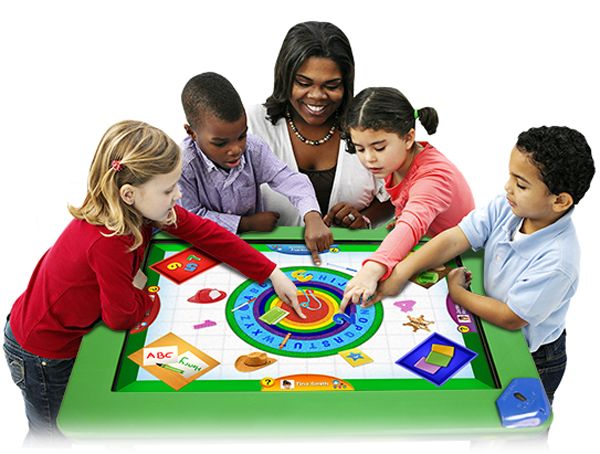 By limiting the child's contacts, we inhibit the development of his social skills. Growing up, he goes out into the world, not understanding how to live in it and how to interact with people who live in this world. There is a rule in aikido training: each athlete must work out the same technique with the maximum number of sparring partners, because with each of them it will be a little different - the athlete learns to see the strengths and feel for the weaknesses of the opponent, adapt to his height , weight, speed, and at the same time find their advantages. That is why the child must communicate with people of different ages, different material wealth and cultural levels. He must practice his social skills.
By limiting the child's contacts, we inhibit the development of his social skills. Growing up, he goes out into the world, not understanding how to live in it and how to interact with people who live in this world. There is a rule in aikido training: each athlete must work out the same technique with the maximum number of sparring partners, because with each of them it will be a little different - the athlete learns to see the strengths and feel for the weaknesses of the opponent, adapt to his height , weight, speed, and at the same time find their advantages. That is why the child must communicate with people of different ages, different material wealth and cultural levels. He must practice his social skills. - Give experience of various social situations. Relationships with people are always a risk. We are all different, someone likes you, and someone annoys and repels you. Someone can treat you kindly, and someone can intrigue. For full development, children need unplanned, unexpected, sometimes even conflict situations.
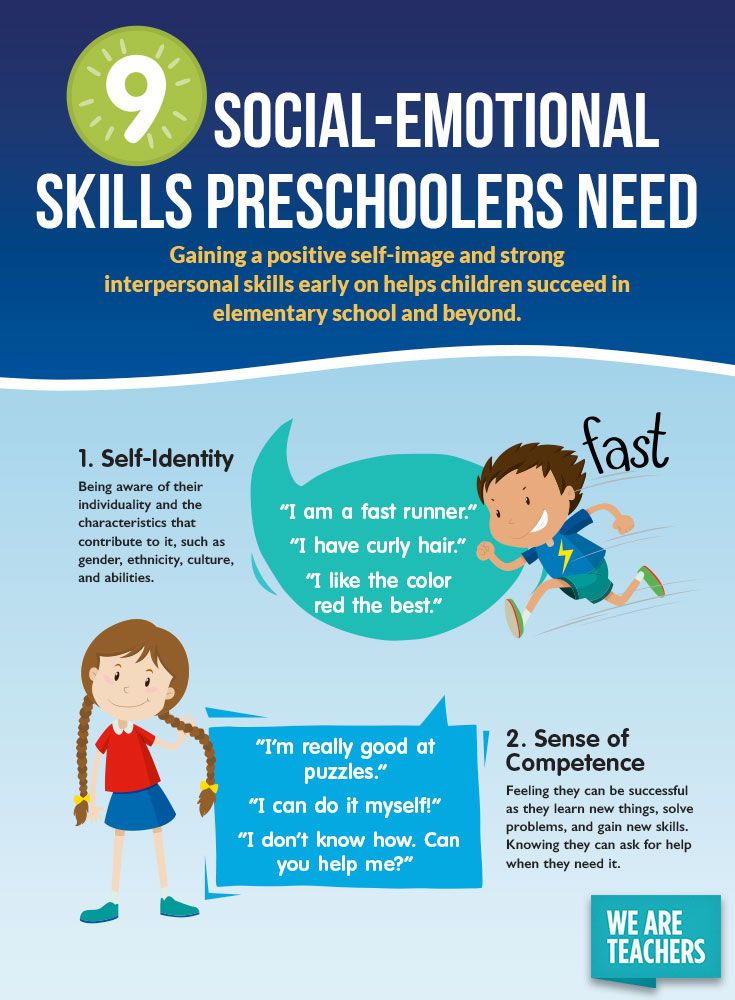 The experience of getting into and out of such situations helps to develop social immunity. The child got into a fight - let's not rush to figure out who is right and who is wrong. It’s better to ask him what happened, and together we will discuss how it was possible to resolve the conflict peacefully and how to behave in the future.
The experience of getting into and out of such situations helps to develop social immunity. The child got into a fight - let's not rush to figure out who is right and who is wrong. It’s better to ask him what happened, and together we will discuss how it was possible to resolve the conflict peacefully and how to behave in the future. - Use social equipment. Even if a child is driven in a car with a personal driver, it is useful for him to take a ride on the subway or tram from time to time. Traveling by public transport is an ideal option for practicing social skills. Despite the apparent simplicity, even the ability to correctly find a place in the cabin is developed gradually. Which one is considered good? The place where we do not interfere with others and no one interferes with us, from where you can clearly see what is happening around. The task of “squeezing between people” is solved much easier if you turn to your neighbors with the words: “Are you not going out now? Please let me pass!” The child learns from experience that words are much more effective than brute force.
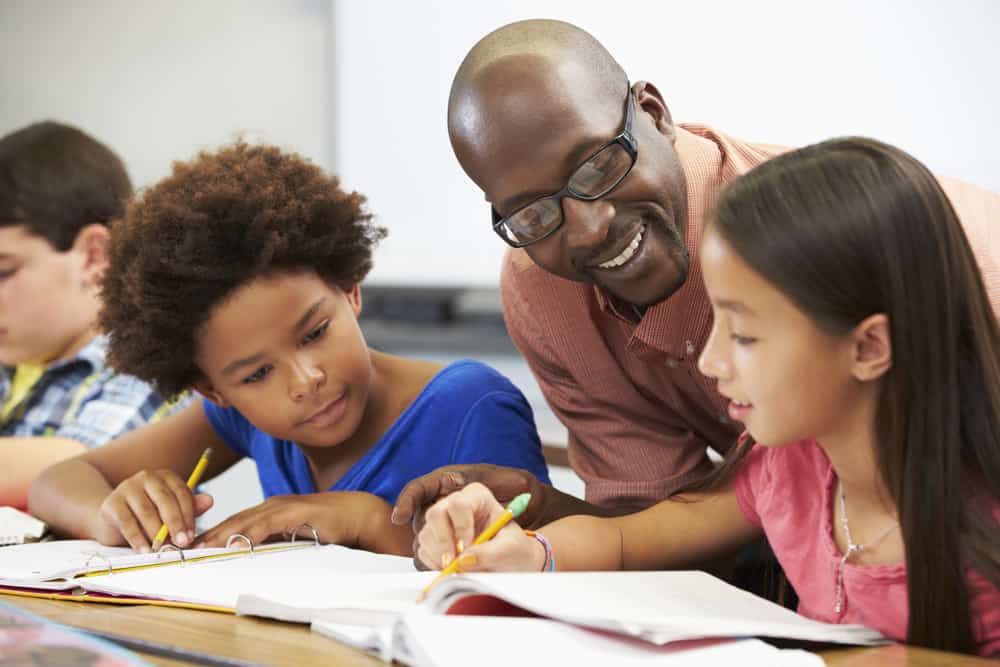
- Teach communication boundaries. For successful social interaction, it is very important for a child to learn to understand the boundaries of the personal space of other people and try not to violate them. This is especially true for the boundaries of strangers - in public places, on the street, in a restaurant, on an airplane, on a train. For example, a child rushes screaming around the restaurant from table to table - you need to stop him and say that he is bothering everyone. And if he does not understand, punishment should follow. Demanding compliance with external boundaries, we thereby give impetus to the formation of internal self-control, that is, the ability to monitor ourselves, cope with our impulses, emotional outbursts.
- Learn to understand your feelings and the feelings of other people. Life sets tasks for the child, for the fulfillment of which it is necessary to achieve something from people with different views, values and characters.
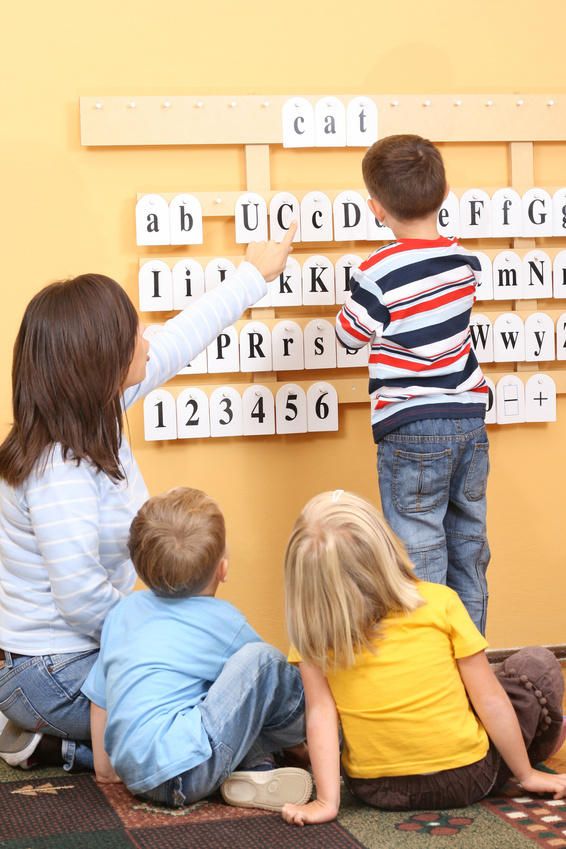 To successfully cope with these tasks, it is necessary to be able to understand and anticipate the behavior of other people, evaluate their motivation, intentions and determine who can be trusted and who cannot. But often we ourselves do not know what we feel - resentment or anger, annoyance with ourselves or envy of another, joy or satisfaction. The ability to recognize your feelings is a very useful skill. Only by learning to understand our feelings can we learn to empathize, that is, to understand the feelings of other people.
To successfully cope with these tasks, it is necessary to be able to understand and anticipate the behavior of other people, evaluate their motivation, intentions and determine who can be trusted and who cannot. But often we ourselves do not know what we feel - resentment or anger, annoyance with ourselves or envy of another, joy or satisfaction. The ability to recognize your feelings is a very useful skill. Only by learning to understand our feelings can we learn to empathize, that is, to understand the feelings of other people. - Teach the child to respond adequately in various communication situations. In the big world, the child will have to solve his own problems, win a place under the sun, determine who is a friend and who is not. Somewhere you have to step aside, somewhere you need to agree and compromise, somewhere you need to actively insist on your own and directly express your opinion. To do this, the child's arsenal should have many ways to respond and cope with different situations.
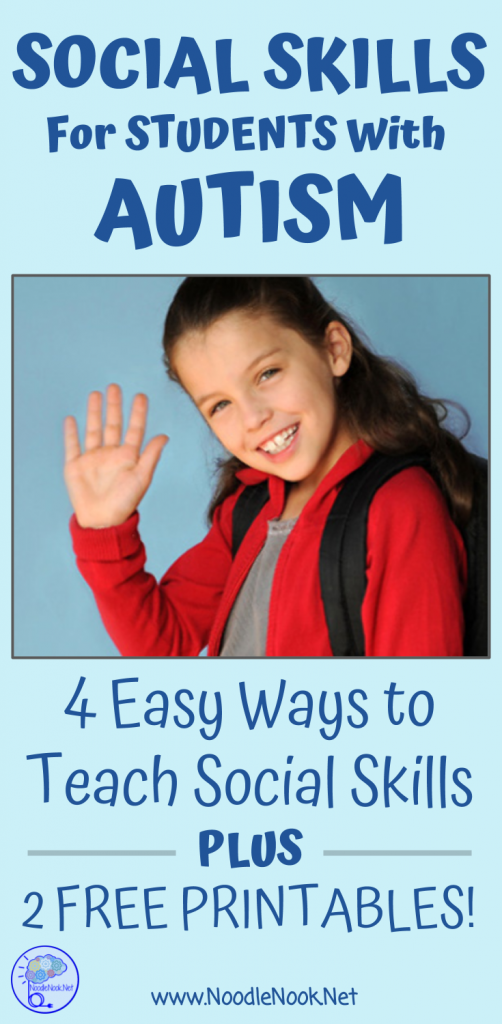 The more diverse the child's experience, the more rehearsals he had, the more convincingly he will play the performance called "life".
The more diverse the child's experience, the more rehearsals he had, the more convincingly he will play the performance called "life".
Our poor rich children
Marina Melia
Cover with valves
Out of stock
More
Issue
The most interesting thing is in your mail.
We send a digest of the best articles every two weeks.
By completing this form, I confirm that that I have read the Rules of the site, and I consent to the processing personal data.
reCAPTCHA is used in accordance with the Google Policies and Terms of Use.
Thank you for subscribing!
See also
How to bring up initiative in a child: 7 tips from a psychologist
See also
How to talk to a child to make contact
See also
"Silver Spoon Syndrome": we gave the child everything, but he is not happy
When copying materials, place an active link
to www. alpinabook.ru
alpinabook.ru
How to develop social skills in a child - Child development
Parents are upset when they see how their children cannot share a toy among themselves or cannot find friends. If a child has developed social skills, he can cope with such difficult situations. Socially adapted children know how to make friends, play, start conversations with peers and adults.
Social skill: “The ability to ask”
It can be difficult for a child to approach other children and ask to play with them. In the end, children may answer, “No.” Fear of rejection can prevent a child from even trying, and then they will miss out on the fun of playing with peers, as well as the opportunity to learn something new in the process of playing.
The child is most successful when he first finds out what the peer group is doing, then finds out how he can be useful, and then invites him to join the game. For example, if the children are playing school, he might ask, "Can I be a student?"
How to help your child learn to ask
Watch other children play with your child.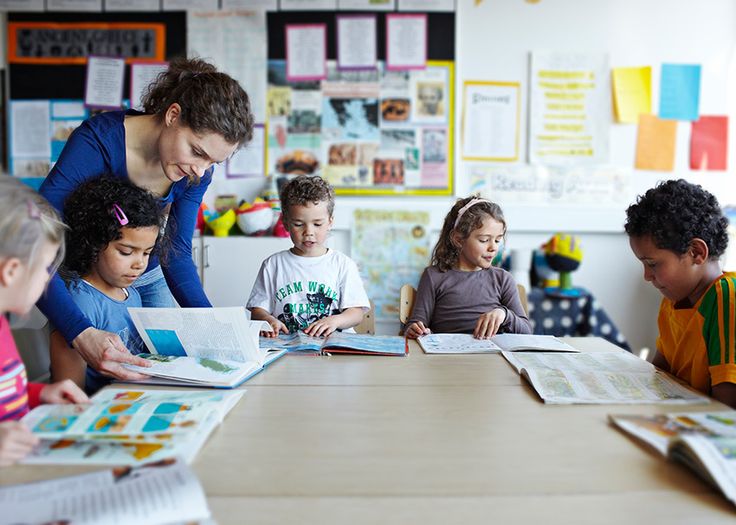 Ask him leading questions: “What do you think Sasha uses cubes for? Does he have enough dice to share with you? Maybe we need to look for more cubes so you can play with Sasha?” Invite your child to play with someone else. For him, it will be easier than joining a large group.
Ask him leading questions: “What do you think Sasha uses cubes for? Does he have enough dice to share with you? Maybe we need to look for more cubes so you can play with Sasha?” Invite your child to play with someone else. For him, it will be easier than joining a large group.
Social skill: "The ability to carry on a conversation"
Children usually need some practice before they learn how to talk - take turns talking, not interrupting and listening to the other person. Introverted children require someone to start the conversation and keep it going. Extroverts, on the contrary, must learn not to interrupt the interlocutor and give him the opportunity to speak.
How to help a child to learn how to talk
A good way to develop this skill in a child is the example of parents and role-playing games. Show your child how to communicate properly by talking to him as often as possible.
Ask for his opinion on various issues and show genuine interest in what he has to say.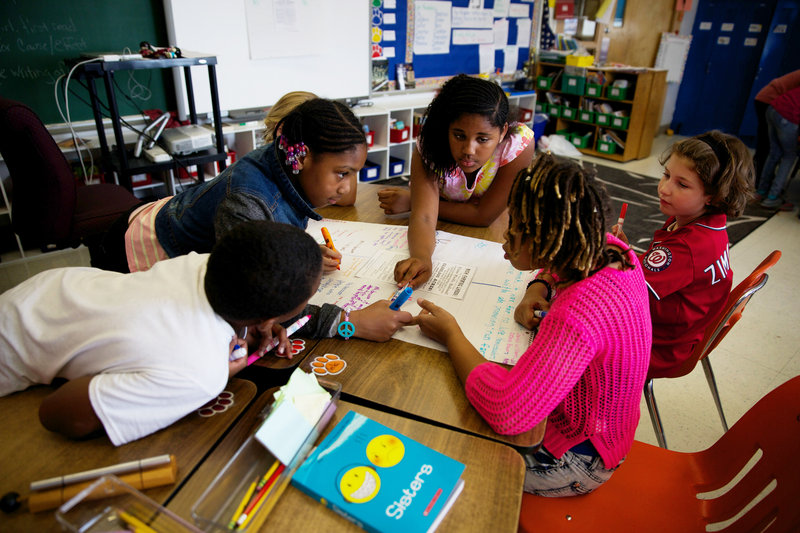 If his speech is too long, carefully bring him back to the topic of conversation.
If his speech is too long, carefully bring him back to the topic of conversation.
Play games in which everyone takes turns playing their turn. Make sure your child has opportunities for imaginative play. Scripted games: "Let's imagine that ..." will help him see different situations from a different point of view.
Social skill: "Understanding the emotions of others"
To fully participate in social situations and develop relationships with others, children need to read the emotions of the peers they play and interact with. Then they will be able to understand them and respond appropriately. This requires confidence from the child, because it is quite difficult to interpret the feelings of another person. If a confident child sees that two of his peers are arguing, he understands that now is not the right time to start the game. Moreover, he may try to defuse the situation. Or, if the child feels their friend is sad, they can offer support.
How to help a child to understand people's emotions
First of all, teach your child to identify his own emotions: “You have a smile on your face! You must be feeling happy” or “I see tears on your face.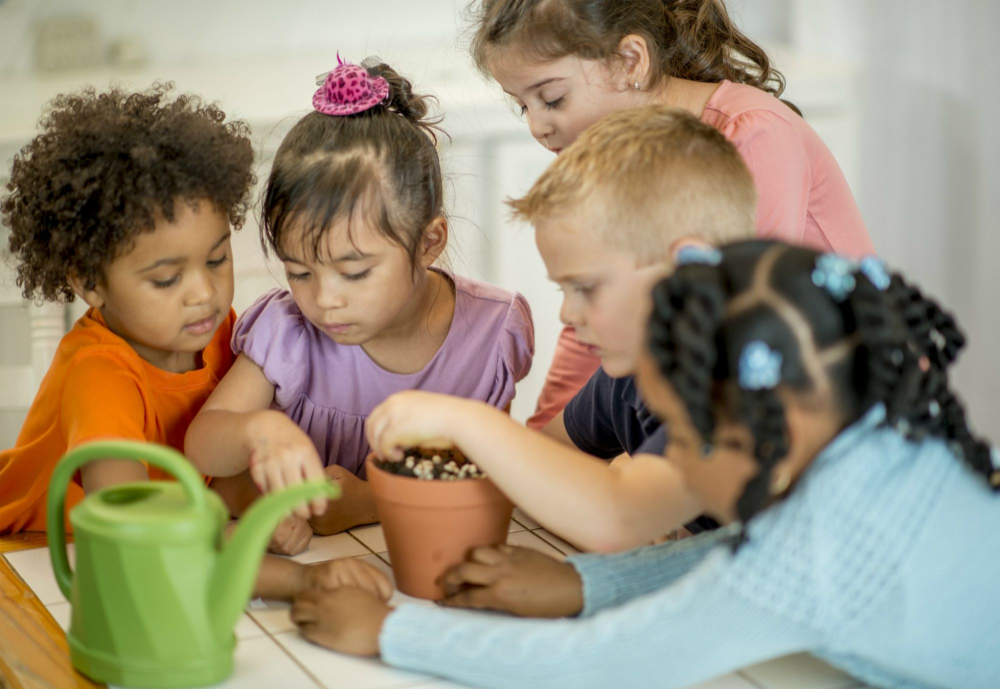 Are you sad?" After that, you can suggest how to apply this skill to others: “Sasha seems angry. What do you think happened?" or “How do you think Anya felt when she fell off the swing? How can we help her?"
Are you sad?" After that, you can suggest how to apply this skill to others: “Sasha seems angry. What do you think happened?" or “How do you think Anya felt when she fell off the swing? How can we help her?"
Social skill: "Self-confidence"
When a child is generally well, it also has a positive effect on his social skills. If he understands that making mistakes or failing is normal, it is easier for him to express his opinion, ask for help or communicate with each other. If a child is denied something, he does not take it personally and is ready to insist on his own, while not going beyond the bounds of politeness.
How to help your child gain self-confidence
It may seem paradoxical, but children must fail in order to succeed. They need to know that they have to try something over and over again - and in the end, they will succeed. The key to mastering new skills is self-confidence.
It is also necessary to properly praise the child.



